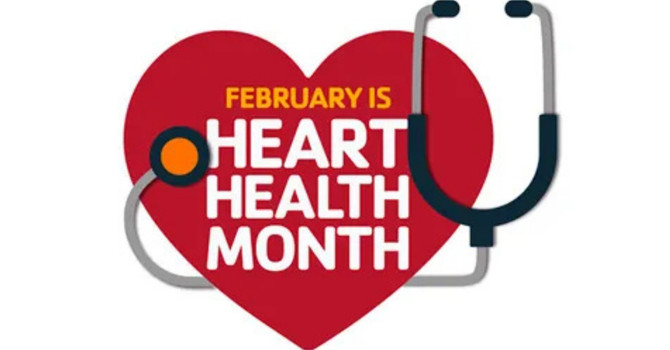
As a chiropractor and a functional medicine provider, I've always been keenly aware of the tension between conventional and integrative approaches to healthcare. I’m fortunate to have a humorous outlook when folks tease me with the statement “it's not like you're a real doctor” joke; I don’t take offense and I can appreciate some fun-loving banter and trash talking among friends. However, I feel I'm obligated to see conventional medicine and chiropractic, integrative and functional healthcare through a balanced lens—respecting where both can play a role in patient care.
Conventional medicine undeniably shines in acute care, life-saving interventions, and providing clear diagnosis and management for many conditions. I've seen firsthand the expertise and impact these conventional providers bring. But the model also has limitations, often shaped by insurance-driven standards of care, which sometimes leaves little room for personalized, preventive approaches. A patient’s Vitamin D level, for instance, may be considered “normal” by conventional standards even if it’s lower than optimal for long-term health.
That’s where integrative and functional medicine steps in, focusing on root causes, holistic approaches, and patient participation in lifestyle-based care. I believe there’s so much potential when patients actively engage in their health journey, from reversing chronic conditions like Type II diabetes through diet and lifestyle to seeking solutions for conditions, such as sleep apnea, that go beyond symptom management. Conventional care does not truly address the prevention of disease. They have a management of disease approach and this is based on insurance reimbursement. Insurance companies have misrepresented "preventative medicine" by stating that mammograms and colonoscopies are covered for "preventative care" at certain ages and milestones. These tools don't PREVENT cancer...but a tool in early detection, but once again, the marketing and representation sent to you by your insurance carrier makes it appear as if they care about the prevention of disease. Similar to a DEXA scan, they WAIT until you are 65 years old before it's a covered service. I promise you, by the time you are 65, your bone health was determined by what you did in your 20's and 30's.
Take statins as an example. Recently, I had a great and humbling conversation with my very good friend and conventionally trained PA-C Jill Reese. She overheard me telling a patient "I hate statins...", she more or less pleaded and said, "STOP SAYING YOU HATE STATINS, THEY ARE A LIFE SAVING TOOL!!!!". Naturally, every single-middle-child-syndrome-
Ultimately, conventional medicine has a lot of great diagnostic tools and I fully recognize the strengths it brings. What I love about integrative and functional medicine... is the degree of individualized care and the relationship we GET to create with our patients. With patients willing to engage in proactive health choices, we can support a model that not only manages hopeful short-term symptoms, but works towards reversal of disease, and restoration to optimal health.



